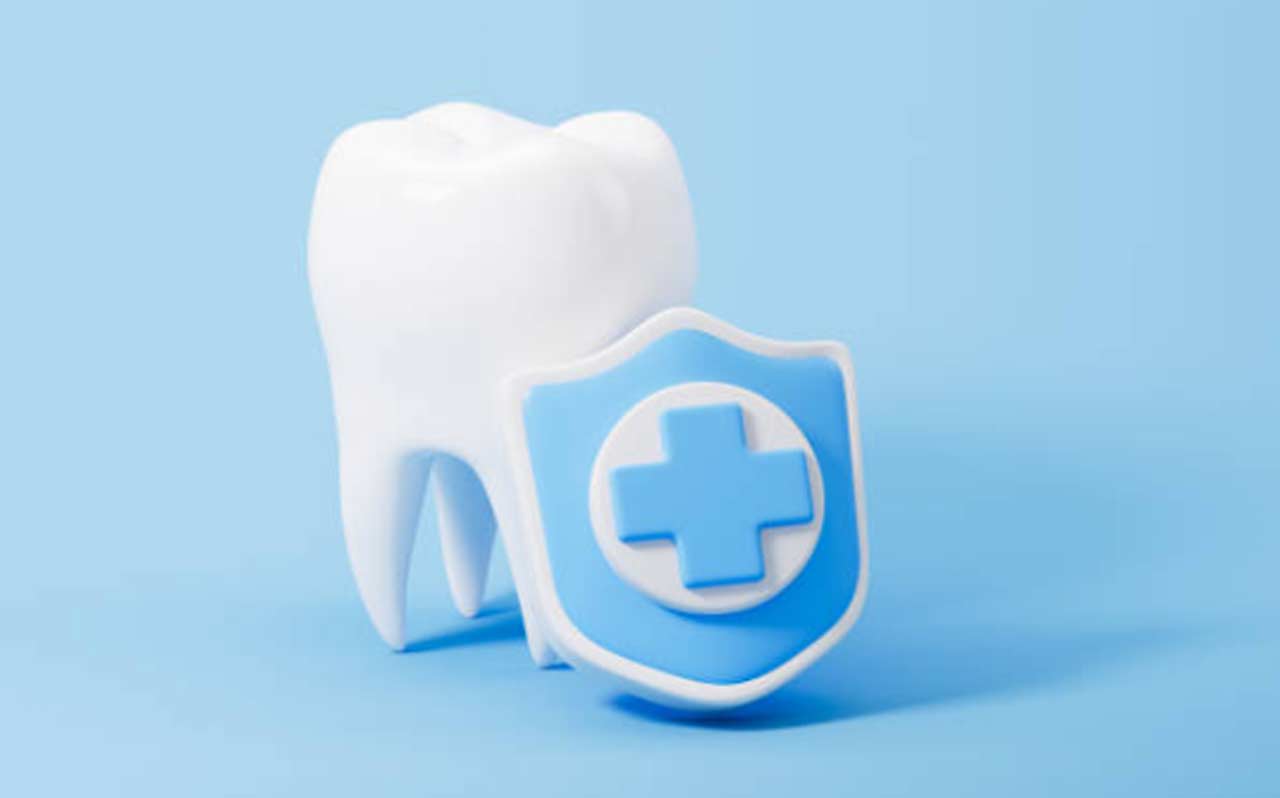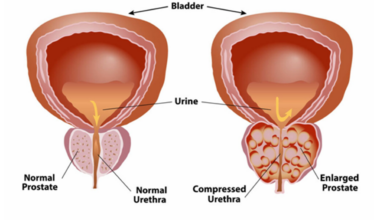Key Takeaways:
- Dental care is crucial for overall health and well-being.
- Neglecting dental care can lead to serious health problems.
- To maintain dental health, visit the dentist regularly and develop good oral hygiene habits.
- A balanced diet and drinking plenty of water contribute to dental health.
- Choose a knowledgeable and experienced dentist for secure dental care.
- Preventive measures like dental sealants and fluoride treatments can help avoid dental problems.
- Proper brushing and flossing techniques are essential for maintaining oral hygiene.
- Advanced dental care techniques, such as digital radiography and cosmetic dentistry procedures, can enhance dental health.
- Various dental treatments, including implants, crowns, and orthodontics, are available to address specific oral health issues.
- Regular check-ups, preventive measures, and prioritizing dental care are key to ensuring the safety and protection of teeth.
Why Dental Care is Important for Your Overall Health
Dental care is not just about having a beautiful smile; it is crucial for your overall health and well-being. Many people often underestimate the impact of oral health on their body, but the truth is, neglecting dental care can have far-reaching consequences.
The Connection Between Oral Health and Overall Well-being
Your oral health is directly connected to your overall well-being. Poor oral hygiene can lead to various health issues, including heart disease, stroke, and diabetes. When you neglect dental care, harmful bacteria can build up in your mouth, leading to inflammation and infection. These oral infections can then enter your bloodstream and spread to different parts of your body, causing serious health problems.
The Impact of Neglected Dental Care on Your Body
Neglected dental care can have a significant impact on your body. Tooth decay and gum disease are common problems that arise from poor oral hygiene. If left untreated, tooth decay can lead to tooth loss and gum disease can result in gum recession and bone loss. Additionally, gum disease is associated with an increased risk of heart disease, respiratory infections, and pregnancy complications.
Furthermore, neglecting dental care can affect your self-esteem and confidence. Dental problems such as missing teeth or bad breath can have a negative impact on your social interactions and overall quality of life. Taking care of your teeth not only keeps them healthy but also helps maintain your self-esteem and confidence.
Understanding the Basics of Dental Care
To maintain a healthy smile, it is essential to understand the basics of dental care and incorporate them into your daily routine.
The Importance of Regular Dental Check-ups
Regular dental check-ups are a fundamental aspect of dental care. It is recommended to visit your dentist at least twice a year for routine check-ups and cleanings. During these visits, your dentist will examine your teeth and gums, looking for any signs of decay, gum disease, or other dental problems.
Additionally, regular check-ups allow your dentist to detect early signs of oral cancer, which can significantly improve the chances of successful treatment. Your dentist will also provide professional cleanings to remove plaque and tartar buildup, preventing tooth decay and gum disease.
Developing Good Oral Hygiene Habits
To maintain optimal dental health, it is crucial to develop good oral hygiene habits. Brushing your teeth at least twice a day with a fluoride toothpaste is essential to remove plaque and prevent tooth decay. It is recommended to use a soft-bristled toothbrush and brush in small circular motions for two minutes.
In addition to brushing, flossing daily is necessary to remove food particles and plaque from between your teeth and along the gumline. Flossing helps prevent cavities and gum disease in hard-to-reach areas that a toothbrush cannot reach.
Furthermore, incorporating mouthwash into your daily routine can help freshen your breath and kill bacteria that cause gum disease and tooth decay. Choose an alcohol-free mouthwash that is gentle on your gums.
The Role of Diet in Maintaining Dental Health
Your diet plays a significant role in maintaining dental health. Limiting sugary and acidic foods and drinks can help prevent tooth decay. These substances can erode tooth enamel, leading to cavities. Instead, opt for a balanced diet that includes fruits, vegetables, lean proteins, and whole grains.
Drinking plenty of water throughout the day is also beneficial for your dental health. Water helps wash away food particles and keeps your mouth hydrated, preventing dry mouth, which can contribute to tooth decay.
Additionally, consider incorporating foods rich in calcium, such as dairy products, leafy greens, and almonds, into your diet. Calcium is essential for strong teeth and bones.
Steps to Ensure the Safety and Protection of Your Teeth
Ensuring the safety and protection of your teeth requires a proactive approach towards dental care. Taking specific steps can help prevent dental problems and maintain a healthy smile.
Choosing the Right Dental Care Professional
The first step is selecting an experienced dentist for secure dental care. Look for a dentist who is experienced, knowledgeable, and has a good reputation. Consider reading online reviews and asking for recommendations from family and friends.
When choosing a dentist, consider factors such as location, office hours, and the range of services offered. It is essential to feel comfortable with your dentist, as this will encourage regular visits and open communication about your dental health.
Preventive Measures for Dental Problems
Prevention is always better than treatment when it comes to dental problems. Taking preventive measures can help you avoid dental issues and reduce the need for extensive treatments.
One important preventive measure is dental sealants. Dental sealants are a thin protective coating that is applied to the chewing surfaces of your back teeth. They act as a barrier and prevent bacteria and food particles from getting trapped in the deep grooves of your molars, reducing the risk of decay.
Another preventive measure is fluoride treatment. Fluoride helps strengthen tooth enamel and makes it more resistant to decay. Your dentist may recommend fluoride treatments during your regular dental check-ups or prescribe fluoride toothpaste or mouthwash.
Proper Techniques for Brushing and Flossing
Brushing and flossing correctly are essential for maintaining dental hygiene. Ensure you are using the proper techniques to maximize the effectiveness of these oral care routines.
When brushing, hold your toothbrush at a 45-degree angle to your gums and use short back-and-forth or circular motions. Be gentle on your teeth and gums to avoid abrasion or gum irritation. Pay attention to each tooth and brush all surfaces, including the outer, inner, and chewing surfaces.
For flossing, use a piece of floss about 18 inches long. Gently slide the floss between your teeth, following the curves of each tooth. Be sure to reach below the gumline and move the floss back and forth to remove plaque effectively. Use a clean section of floss for each tooth to prevent spreading bacteria.
Advanced Dental Care Techniques for Optimal Health
In addition to the basics of dental care, advanced techniques and treatments can further enhance your dental health and help you achieve optimal oral well-being.
The Latest Innovations in Dental Technology
The field of dentistry continues to evolve with advancements in technology. These innovations provide more efficient and precise dental treatments, improving patient outcomes and experiences.
One notable advancement is the use of digital radiography. Digital X-rays produce highly detailed images of your teeth and oral structures with significantly lower radiation exposure compared to traditional X-rays. This technology allows for better diagnostics and treatment planning.
Another innovation is the use of intraoral cameras, which provide clear and magnified views of your teeth and gums. These cameras aid in detecting dental problems at an early stage, allowing for prompt treatment and better oral health management.
The Benefits of Cosmetic Dentistry Procedures
Cosmetic dentistry focuses on improving the appearance of your teeth and smile. These procedures can address aesthetic concerns and enhance your self-confidence.
Teeth whitening is one of the most popular cosmetic dental procedures. It helps remove stains and discoloration, giving you a brighter and more attractive smile. Depending on your preference, teeth whitening can be done in-office or with at-home kits provided by your dentist.
Another common cosmetic procedure is dental veneers. Veneers are thin shells made of porcelain or composite resin that are bonded to the front surface of your teeth. They can hide imperfections such as chips, cracks, and gaps, improving the appearance of your smile.
Understanding the Different Dental Treatments Available
There are various dental treatments available to address different oral health issues and restore the function and aesthetics of your teeth.
One example is dental implants, which are titanium posts surgically placed into the jawbone to replace missing teeth roots. Dental implants provide a strong foundation for replacement teeth and can restore your ability to chew and speak properly.
Another common treatment is dental crowns. Crowns are tooth-shaped caps that are placed over damaged or decayed teeth to restore their shape, size, and strength. They can improve the appearance of your smile and protect weakened teeth from further damage.
Additionally, orthodontic treatments such as braces or clear aligners can correct misaligned or crooked teeth, improving both the function and aesthetics of your smile.
In conclusion, securing dental care is crucial for the safety and protection of your teeth, as well as your overall health. Understanding the importance of dental care, developing good oral hygiene habits, and taking proactive steps can help you maintain a healthy smile. Moreover, exploring advanced dental care techniques and treatments can further enhance your oral well-being. Regular check-ups with a trusted dental professional and incorporating preventive measures into your routine are essential for long-lasting dental health. By prioritizing dental care, you can ensure the safety and protection of your teeth, improving your quality of life and overall well-being.
FAQ
Question: Why is dental care important for overall health?
Answer: Dental care is crucial for overall health because neglecting dental care can lead to serious health problems. Poor oral hygiene can cause harmful bacteria to build up in the mouth and spread to different parts of the body, causing inflammation, infection, and other health complications.
Question: What are the consequences of neglected dental care?
Answer: Neglected dental care can lead to tooth decay, gum disease, tooth loss, gum recession, bone loss, and increased risks of heart disease, respiratory infections, and pregnancy complications. It can also have a negative impact on self-esteem and overall quality of life.
Question: How often should I visit the dentist?
Answer: It is recommended to visit the dentist at least twice a year for routine check-ups and cleanings. Regular dental check-ups allow your dentist to detect early signs of dental problems and provide professional cleanings to prevent tooth decay and gum disease.
Question: What are good oral hygiene habits?
Answer: Good oral hygiene habits include brushing your teeth at least twice a day with a fluoride toothpaste, using a soft-bristled toothbrush and brushing in small circular motions for two minutes. Flossing daily, using mouthwash, and maintaining a balanced diet that limits sugary and acidic foods are also important.
Question: How can I prevent dental problems?
Answer: Preventive measures such as dental sealants and fluoride treatments can help avoid dental problems. Dental sealants act as a barrier to prevent bacteria and food particles from causing decay, while fluoride strengthens tooth enamel. Regular check-ups, proper brushing and flossing techniques, and a balanced diet also contribute to prevention.
Question: What are the latest advancements in dental technology?
Answer: The use of digital radiography allows for highly detailed imaging with lower radiation exposure. Intraoral cameras provide clear views for early detection of dental problems. These advancements improve diagnostics and treatment planning.
Question: What are common cosmetic dentistry procedures?
Answer: Teeth whitening helps remove stains and discoloration, while dental veneers hide imperfections. Both procedures enhance the appearance of the smile.
Question: What are some different dental treatments available?
Answer: Dental implants are titanium posts that replace missing teeth roots. Dental crowns restore damaged teeth, and orthodontic treatments such as braces can correct misaligned teeth. These treatments improve both function and aesthetics.
Useful Resources
- American Dental Association
- org
- WebMD Oral Health Guide
- Colgate Oral Health Center
- CDC Oral Health
- Mayo Clinic Dental Health
- National Center for Biotechnology Information (NCBI) – Dental Care Article
- World Health Organization – Oral Health









